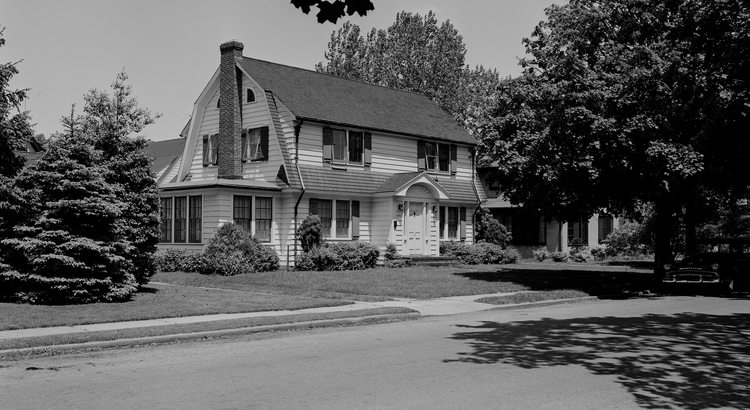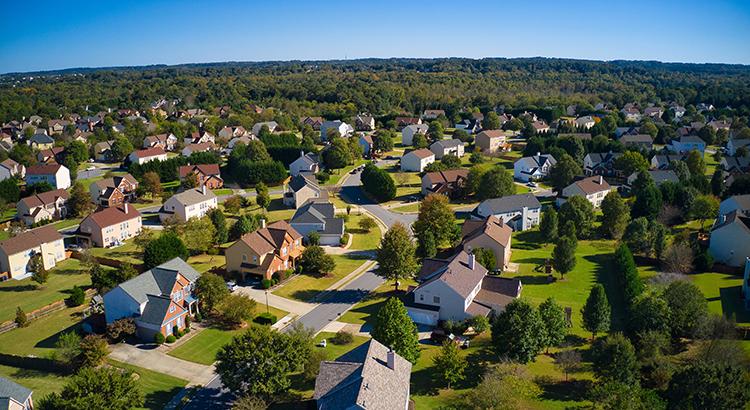Understanding Zoning Laws and How They Affect Your Property
When it comes to property ownership, one of the most important yet often overlooked aspects is understanding zoning laws. Zoning laws determine how you can use your property, what you can build, and even how your property can be developed in the future. Whether you're a homeowner, investor, or developer, knowing how zoning laws affect your property is essential for making informed decisions. In this blog, we’ll explore what zoning laws are, why they matter, and how they can impact your property value and usage.
What Are Zoning Laws?
Zoning laws are local regulations that govern how land within certain areas can be used. These laws are designed to organize urban growth, protect property values, and ensure that communities develop in a safe and orderly manner. Zoning laws typically divide areas into different categories such as residential, commercial, industrial, and agricultural, each with its own set of rules and restrictions.
Why Zoning Laws Matter
Understanding zoning laws is crucial for several reasons. First, they dictate what you can do with your property. For instance, if you own a residential property, you may be restricted from using it for commercial purposes unless you obtain special permission. Second, zoning laws can impact your property value. Properties in areas zoned for commercial or mixed-use often have higher values due to their potential for development. Lastly, zoning laws can affect future developments in your neighborhood, influencing everything from traffic patterns to the availability of local amenities.
Types of Zoning
Residential Zoning: This type of zoning is used for areas where housing is the primary focus. It can include single-family homes, apartments, and condominiums. Residential zoning laws often regulate building heights, the distance between structures, and the density of housing.
Commercial Zoning: Commercial zones are designated for business activities such as retail stores, restaurants, and offices. Properties in these zones are typically more valuable due to their business potential. However, commercial zoning comes with its own set of rules regarding signage, parking, and building design.
Industrial Zoning: Industrial zones are reserved for manufacturing plants, warehouses, and other types of industrial facilities. These zones often have strict regulations regarding environmental impact, noise levels, and safety standards.
Agricultural Zoning: Agricultural zoning is primarily for farming activities. These areas have regulations that focus on preserving agricultural land and may restrict non-farming activities. Agricultural zoning can also impact whether you can subdivide your property for development.
Mixed-Use Zoning: Mixed-use zoning allows for a combination of residential, commercial, and sometimes industrial uses within the same area. This type of zoning is popular in urban environments where there’s a push to create vibrant, walkable communities.
Commercial Zoning: Commercial zones are designated for business activities such as retail stores, restaurants, and offices. Properties in these zones are typically more valuable due to their business potential. However, commercial zoning comes with its own set of rules regarding signage, parking, and building design.
Industrial Zoning: Industrial zones are reserved for manufacturing plants, warehouses, and other types of industrial facilities. These zones often have strict regulations regarding environmental impact, noise levels, and safety standards.
Agricultural Zoning: Agricultural zoning is primarily for farming activities. These areas have regulations that focus on preserving agricultural land and may restrict non-farming activities. Agricultural zoning can also impact whether you can subdivide your property for development.
Mixed-Use Zoning: Mixed-use zoning allows for a combination of residential, commercial, and sometimes industrial uses within the same area. This type of zoning is popular in urban environments where there’s a push to create vibrant, walkable communities.
How Zoning Laws Affect Property Value
Zoning laws can significantly influence the value of your property. For example, a property zoned for commercial use in a high-traffic area will generally be worth more than a similar property zoned for residential use. On the flip side, properties in strictly residential zones might benefit from a quieter, more stable environment, which can also add value. Understanding the zoning classification of your property and the surrounding area can help you make smarter investment decisions.
Navigating Zoning Variances and Changes
Sometimes, you may want to use your property in a way that doesn't conform to the current zoning laws. In such cases, you can apply for a zoning variance or a special use permit. A zoning variance allows you to deviate from the existing rules, while a special use permit grants permission for a specific non-conforming use. It’s important to note that obtaining these approvals can be a complex process that may require legal assistance.
The Role of Zoning in Home Renovations
If you’re planning a home renovation, zoning laws will play a key role in what you can and cannot do. Zoning regulations cover everything from building height to the distance your home must be from the property line (setbacks). Before starting any renovation project, it’s essential to review your local zoning laws to ensure your plans are compliant.
How to Research Zoning for Your Property
To find out how your property is zoned, you can contact your local planning or zoning department. Many municipalities also provide zoning maps and information online. If you’re buying a new property, your real estate agent can help you understand the zoning regulations and any potential issues that could affect your plans.
Zoning laws are a critical factor in property ownership that can have far-reaching effects on how you use and develop your land. By understanding the basics of zoning, including the different types and how they impact property value, you can make informed decisions that maximize your property’s potential. Whether you’re buying, selling, or developing property, staying informed about zoning laws will help you avoid costly mistakes and ensure that your property meets your long-term goals.
Zoning laws are a critical factor in property ownership that can have far-reaching effects on how you use and develop your land. By understanding the basics of zoning, including the different types and how they impact property value, you can make informed decisions that maximize your property’s potential. Whether you’re buying, selling, or developing property, staying informed about zoning laws will help you avoid costly mistakes and ensure that your property meets your long-term goals.
Categories
Recent Posts

Why More Homeowners Are Giving Up Their Low Mortgage Rate

The Top 2 Things Homeowners Need To Know Before Selling

Would You Let $80 a Month Hold You Back from Buying a Home?

Why You Don’t Need To Be Afraid of Today’s Mortgage Rates

Planning To Sell in 2026? Start the Prep Now

2026 Housing Market Outlook

Why Home Prices Aren’t Actually Flat

What Buyers Say They Need Most (And How the Market’s Responding)

Why Buyers and Sellers Face Very Different Conditions Today

Why Now May Be a Key 2025 Moment To Sell Your House
GET MORE INFORMATION

